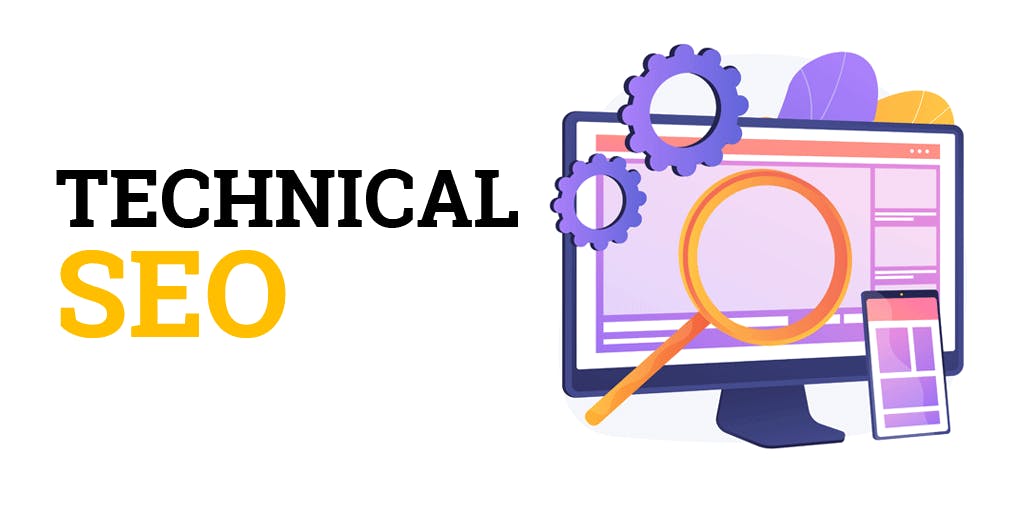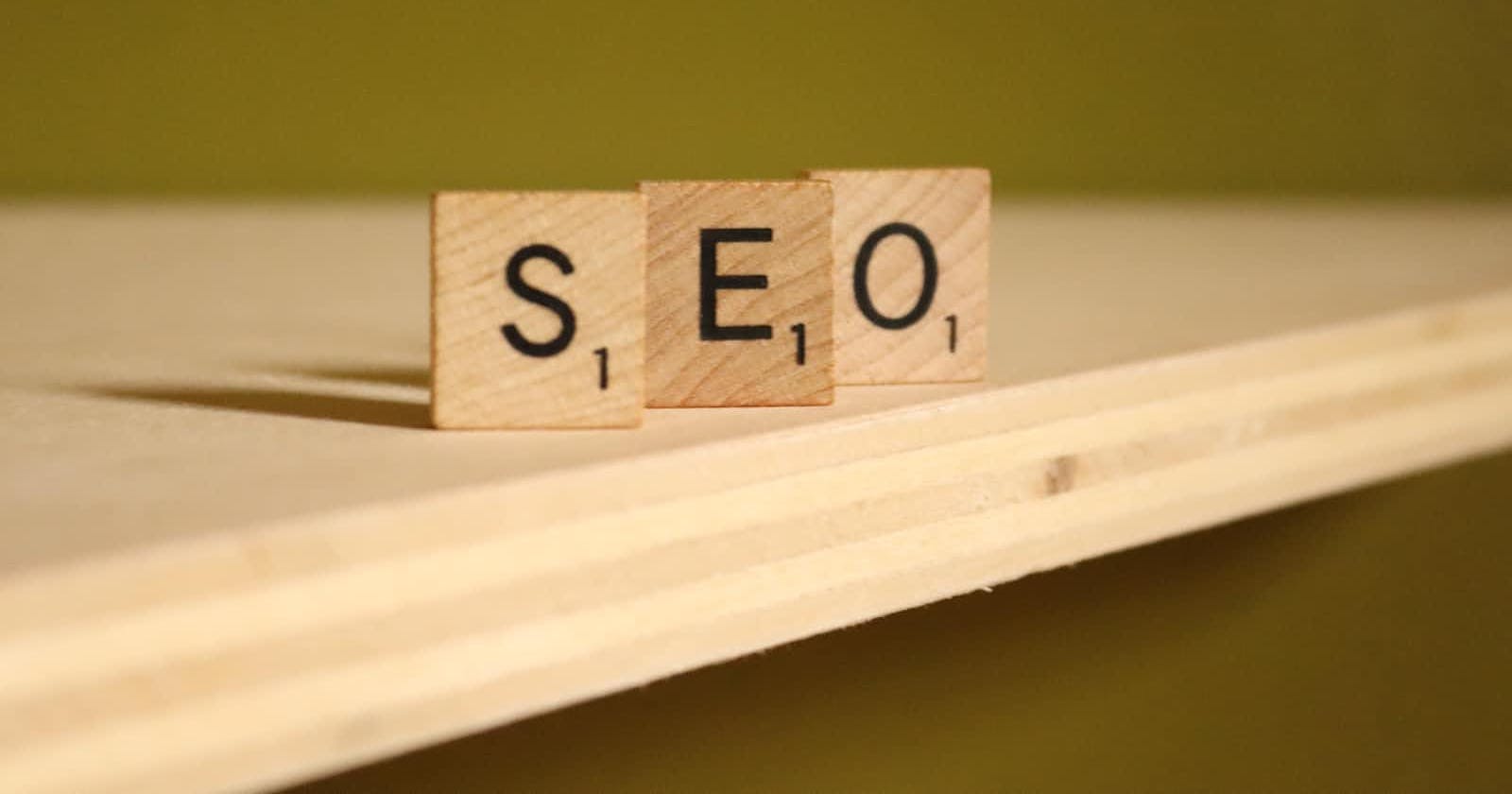Table of contents
You have probably heard the acronym SEO several times before now, or maybe you just came across it for the first time. Maybe like me, you have been meaning to look it up sometime but you just never came around to it. Well I have done the research so you don't have to. In this article, I will be sharing what I have learned so far about the term: what it is about and what it means for you as a website or blog owner.
What is SEO?
SEO stands for "Search Engine Optimization". It refers to the practices you undertake as a website owner in order to improve your website's visibility on search engines. It is targeted at improving the quantity and quality of traffic on your website from organic search engine results. 'Organic' being non-paid search results.
 Internet marketing photo created by creativeart - www.freepik.com
Internet marketing photo created by creativeart - www.freepik.com
Understanding SEO is very necessary especially if you have something to showcase to the world on your website. You definitely want your website ranking high on the search engine results pages (SERPs). To achieve this, you need to understand how search engines work. You need to have a good command of the right keywords that drive the right amount of traffic and you definitely need to understand the core basics of SEO.
How do search engines work?
Search engines are robots that provide answers to your search queries by going through their databases consisting of several different webpages and bringing up the pages that they deem to be most relevant. They do this for organic search results while for paid advertisements, they bring up these ads at the topmost of the SERP.
Because SEO is focused on organic search results, the focus here is to figure out how search engines work to make your page rank higher on the SERP without having to pay for advertising. They do this via three major ways:
Crawling: The search engine sends out robots to scout the web looking for new and updated content such as webpages and files and links to other pages. They pick up all the relevant information from these sources and then store them in their databases.
Indexing: The process of storing all these relevant information from several webpages is known as indexing. Search engine index refers to a large database consisting of information collected so far by the crawlers from different webpages.
Ranking: When someone types in a search query, the search engine looks through its index to find and arrange the information in the manner that it deems most relevant to the searcher. The arranging of search results in the order of relevance is what ranking is all about.
 Seo ranking vector created by upklyak - www.freepik.com
Seo ranking vector created by upklyak - www.freepik.com
Having understood how search engines collect and display information about your website, the next logical question would be, "how can I optimize my webpages to rank higher on the SERPs?". The answer to that question would be dependent on your understanding of the types of SEO that exist.
Types of SEO
On-Page SEO: This refers to all the activities you carry out on your webpages to make them more discoverable for search engines. And not just to discover them but to equally understand them. This often involves the core structure of your webpage so you want to make sure that your pages' titles, meta data description, heading tags and so on are all properly structured.
You also want to make sure that your pages contain the right keywords that searchers are more likely to look out for. Your images, file attachments and proper internal linking to other pages of your website all count towards ensuring a good on-page SEO.
Off-Page SEO: This has to do with every SEO activity that happens outside of your website. Its main focus is to build trust from outside the website and thus attract more vistors to your website. This could include other trusted sources (blogs/websites/publications) linking your webpages on their sites. It could also include your social media marketing efforts and brand marketing based on reputation.
Technical SEO: This has to do with all the activities targeted at helping search engines crawl your websites better and also aimed at improving user experience on your websites. These could include efforts to speed up website loading time, to improve mobile responsiveness, and to generally improve the site structure and user friendly URLs.

Other types of SEO include white hat SEO and black hat SEO. White hat SEO aims at optimizing webpages by abiding to the rules of the search engines and generally achieves results that last longer. Black hat SEO on the other hand, tries to circumvent the terms and conditions of the search engines. Because it is in violation of the rules of search engines, if discovered, the consequences can be rather detrimental to your website generally.
It is important that you understand the benefits of SEO to your websites or blogs, why you need to learn how to optimize your webpages, and also learn SEO best practices.


